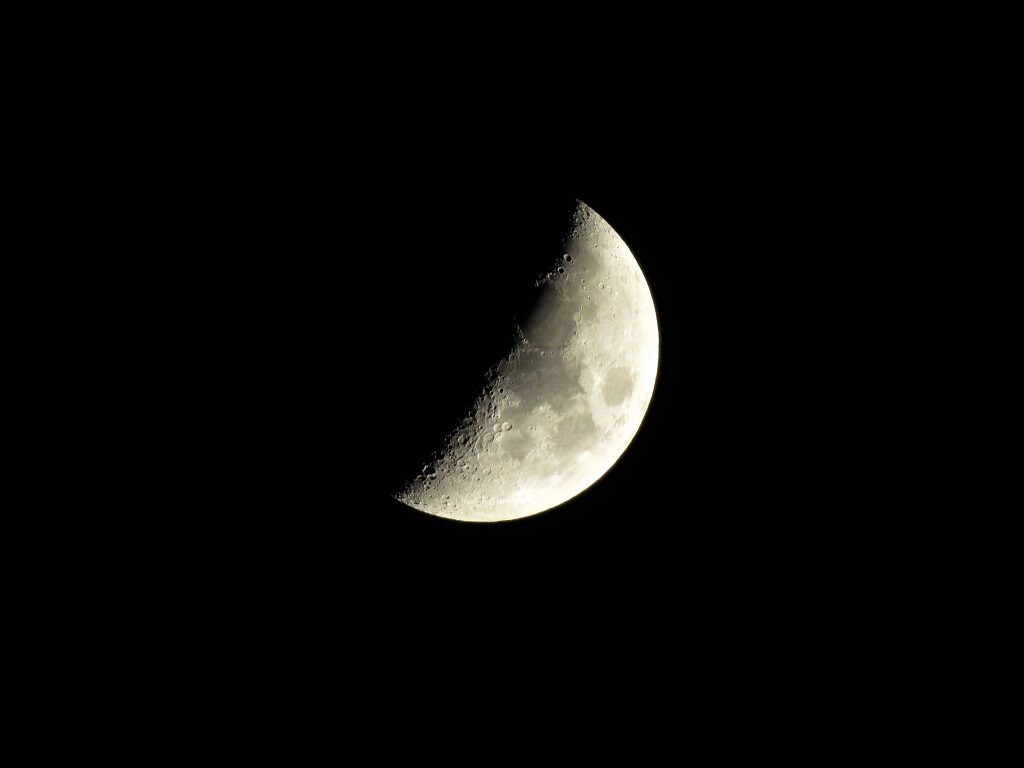Reflections on Knowledge
Failed rhetoric.— “Everyone knows that” is merely a rhetorically aggressive way of saying “Everyone believes that” — for there is literally nothing that everyone knows. And nothing could be more certain than this: Anything that “everyone believes” is likely false, since most people are completely ignorant of all but the most quotidian facts. Hence, when a person insists on a point of argument by saying “Everyone knows X,” you should feel free to regard this assertion as a veiled admission that (a) no one knows X, and (b) X is likely false.
Logos and Being.— The most basic question of existence was framed by Heraclitus and Parmenides 2,500 years ago: Is everything in continuous and everlasting flux (Heraclitus), or is change logically impossible (Parmenides)? In other words, is our perception of a stable and persistent reality merely an illusion, or is the illusion, on the contrary, our experience of motion and multiplicity? Until we know the answer to that question, no other question can be answered in anything but a provisional and contingent manner. There may be belief, judgment, or faith — but no knowledge. And please, never waste one moment of your time thinking that modern physics has settled this question, or could ever settle it. The modern sciences, by definition, exist entirely within the limits of that perceived universe that the ancients were arguing about. Heraclitus and Parmenides were attempting, and inviting us, to step beyond that world of perception, to examine its foundations without deference to its great god, “observation.”
Self-fulfilling prophecy.— Facing the persistent failure of reason to answer the question of being definitively, the typical modern response is either to reject the question in favor of a reduced and “pragmatic” conception of reason, or to reject reason in favor of a reduced and “pragmatic” conception of being. Two sides of the same coin, in the end, as both forms of dismissal indicate an essential shortsightedness about the question, as though a couple of millennia should certainly have been enough time to solve the mystery of existence if there were really anything to it — and an essential self-loathing, as though the very idea that we humans could be an eternal yearning, rather than merely a set of limited temporal duties, were unthinkable. The shortsightedness, we might say, results from the self-loathing. “Don’t be silly, I could never do anything like that!” And so the self-judgment becomes the truth.



